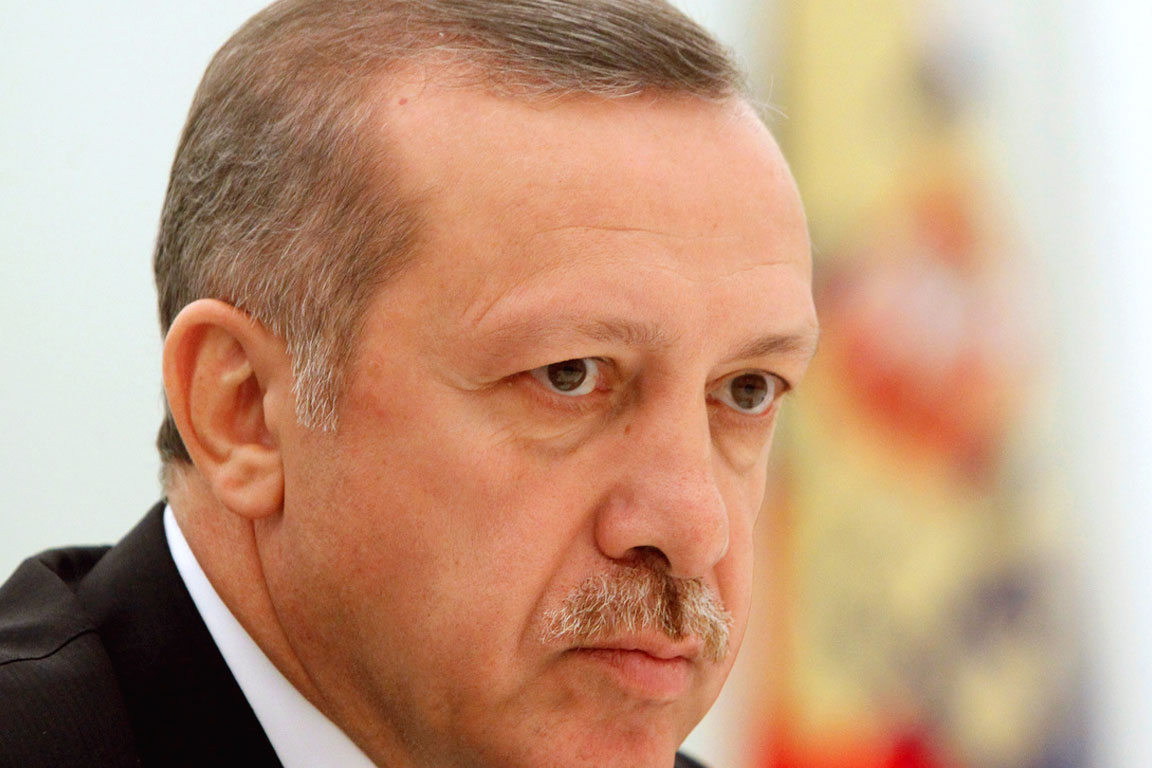I’ll explain how Erdogan trades in the Straits

All the moves of Erdogan's Turkey on channels and conventions. The analysis by Fabio Caffio, retired Navy officer and expert in maritime law, for International Affairs
Turkish President Recep Tayyip Erdoğan was accused by a group of over one hundred former admirals (including Cem Gurdeniz, theorist of the "Blue Fatherland" ) of wanting to denounce, in parallel with the Kanal Istanbul project, the 1936 Montreux Convention on the passage in the Dardanelles, the Sea of Marmara and the Bosphorus (the "Straits"). Ten former officers were arrested on charges of attacking the constitutional order.
The question is unclear. The Convention, a masterpiece of Kemalist diplomacy of the twentieth century, has worked well to this day, guaranteeing Turkey access control to the Black Sea.
But then: is it an internal dispute within the "regime" fueled by old-kemalists to strengthen a historical role of Turkey that benefits Russia? Or is it the spy of an unscrupulous strategy in which the new Canal is the pick to allow Ankara to play across the board, with the United States, the West and Russia?
THE QUESTION OF THE STRAITS
The Sultans of Constantinople supported the "ancient principle of the Ottoman Empire" according to which access to the Black Sea should be forbidden to foreign powers; in the nineteenth century, it had been recognized by the tsars, as the Bolsheviks would later do, confirming that, as has been said, "Russia, in order to feel safe in the Black Sea, needs the Straits to be completely closed from Turkey".
After the dissolution of the Ottoman Empire, the Treaty of Lausanne of 1923 established the freedom of “passage and navigation”, entrusting its control to an international commission. Soon we went back to the past with the 1936 Montreux Convention dedicated to the security of Turkey and other states bordering the Black Sea, which establishes certain conditions for the passage of third countries (notice to Turkey, limitations on the number of warships and their stay). This regime has specific value with respect to the general principles applicable to all international straits according to maritime law.
Up to now, Turkey has played its role as guarantor with equilibrium, overcoming the frictions with Russia on the issue of the passage of port ships and denying transit if third countries – including NATO naval formations – do not respect the times and methods of access . In fact, it can still be said that the Black Sea is a "closed sea" from a juridical and geopolitical point of view.
ISTANBUL CHANNEL
To avoid environmental risks and decongest traffic, Turkey has developed a project to build an artificial transit canal north-west of Istanbul (50 kilometers long, 150 meters wide, 25 meters deep). The work would allow the passage of large tonnage ships and oil tankers. The transit would be subject to a fee, unlike what happens today in the Straits where piloting is only mandatory.
Erdogan has stated that it will be under Turkish sovereignty and that the Montreux Convention is not currently under discussion. The work is therefore not an international waterway open to all, but an infrastructure of inland waters which will be transited at the discretion of Ankara. On the other hand, the new channel will be an alternative to the Bosphorus, while the restrictions for the passage in the Dardanelles and the Sea of Marmara would remain in force.
There should therefore be no harmless right of passage for foreign warships, which would continue to be subject to the Montreux clause. In theory, however, Turkey could allow it, on a case-by-case basis, on the basis of the discretion that the Convention attributes to it as being responsible for its application. A recent episode is the permanence of US units in the Black Sea during the 2014 Crimean crisis, beyond the established deadline.
Ankara also interpreted the Convention as it pleased when it raised the problem of the transit of Russian aircraft carriers or, in 1994, unilaterally established the Maritime Traffic Regulations for navigation safety and environmental protection.
BEYOND MONTREUX?
For years there has been talk of modifying the Convention considered inadequate to the new reality of the Black Sea, where Russia is now perched in the Sea of Azov after the annexation of Crimea. The Contracting States (Bulgaria, France, former Yugoslavia, Japan, Great Britain, Greece, Romania, Russia, Turkey, to which Italy, which signed and ratified in 1938) must be added, did not make use of the denunciation or amendment procedures. Clearly, the question would interest the United States, but they are not part of it.
Getting the Convention to work appears more difficult today than in the past. This does not prevent the regulation from being interpreted in an evolutionary way. It could be convenient for Turkey not to entrench itself behind the formal obeisance of a historically dated agreement, instead engaging in dialogue with States parties (but only a consultation table with Russia has been open for years).
Greece dreams of returning to the 1923 Treaty of Lausanne which demilitarized the Straits to the detriment of Turkey, while Russia is interested in maintaining the status quo of Montreux. The United States, on the other hand, has always been interested in a liberal regime: Woodrow Wilson had affirmed this in his 14 Points of 1919; in 1945, Washington proposed that foreign warships pass without restriction when invited from a Black Sea country or operating under the auspices of the United Nations.
Ankara can be the arbiter of the situation when, in a few years, another artificial waterway will be added to Kanal Istanbul that will cross the Gallipoli Peninsula: then, really, there will be the conditions to which Erdoğan refers when he evokes the future possibility of abandoning the Convention.
This is a machine translation from Italian language of a post published on Start Magazine at the URL https://www.startmag.it/mondo/turchia-erdogan-stretti-mare/ on Sun, 11 Apr 2021 06:00:51 +0000.
